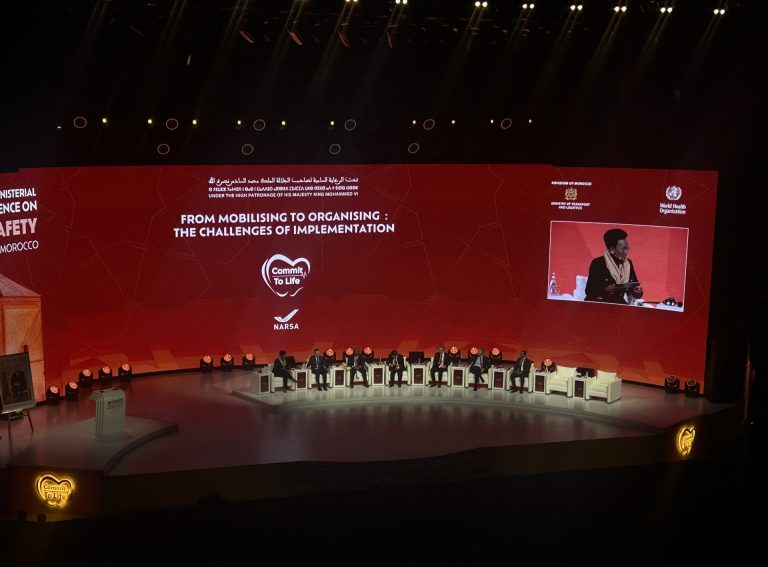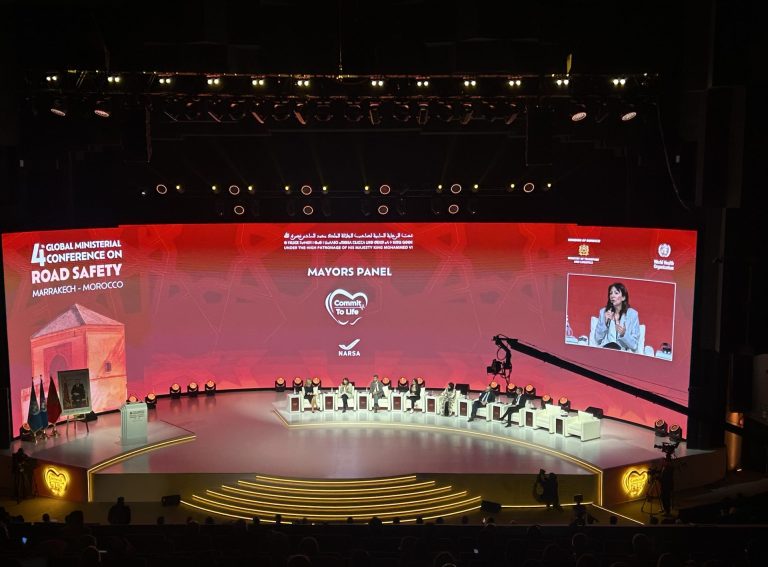Shared micromobility operator Lime has had its new carbon emissions target accredited by the Science Based Targets Initiative.
A collaboration between the Carbon Disclosure Project, United Nations Global Compact, WWF, and World Resources Institute, the Science Based Targets Initiative independently validates corporate carbon emission targets.
Lime aims to reduce its impact in a way that is consistent with the Paris Climate Accord and has committed to cutting its Scope 1 and 2 emissions 50 per cent by 2030.
Scope 1 and 2 emissions are those that are generated from Lime facilities and operations vehicles.
Meanwhile, for external Scope 3 emissions, which account for 90 per cent of its impacts, it hopes to reduce the climate intensity per passenger kilometre by 82 per cent.
Lime will also ensure that 80 per cent of its supply chain set emission targets by 2026, and aims to reach net-zero without the use of carbon offsets.
The firm’s goals include managing its global micromobility fleet on 100 per cent renewable energy, while also utilising electric vehicles and e-assist cargo bikes.
“At Lime, we’re on a mission to build a future where transportation is shared, affordable and carbon-free, and of course, we know that starts with us,” said CEO Wayne Ting.
“We are proud to be the first micromobility company to do this important work across the entire company’s emissions, including our supply chain; and given the urgency of the climate crisis we face, we have completed setting and validating this target one year ahead of schedule.”




